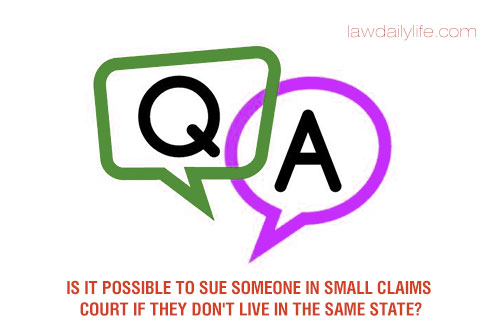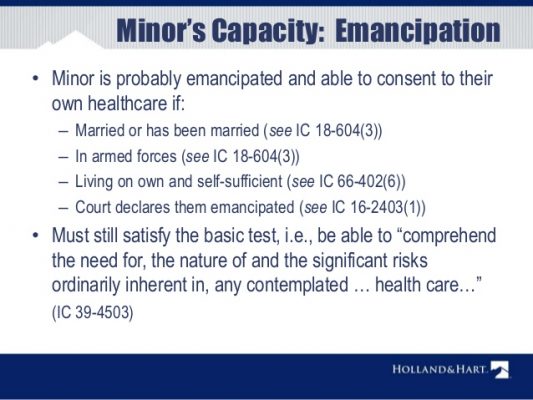Yes, but you have to sue in a court that has jurisdiction. That means if the person has no connections with the state in which you want to sue, that you cannot sue them there. You would need to sue them in the state and county in which they live or they have their business (assuming their business relates to the transaction over which you are suing).
For example, let’s say you are selling something on eBay. The person lives in Michigan and you live in New Jersey. The person does not own property in New Jersey, and never travels to New Jersey. The only thing they have to do with New Jersey is that you are there and you sold them a product through the web. You would have to sue them in Michigan. There are not enough contacts between the potential defendant and New Jersey for you to bring suit there.
On the other hand, let’s say you live in New Jersey and they live in Maryland. You sold them a car. They drove to New Jersey to buy it from you. You let them pay half, and they promised to pay the other half within a month. A year passes and no money. You can sue in New Jersey in the county where you sold them the car. This is because they traveled to New Jersey and the deal took place in New Jersey.
Now, if it is a business deal, many businesses will specifically have in their contracts where suits may take place. In such a case, the business has created jurisdiction through the contract. Your average person isn’t going to have the benefit of this.
Jurisdiction can actually be quite complex. I’ve simplified it. But generally speaking, when in doubt, you need to sue them where they are located.










